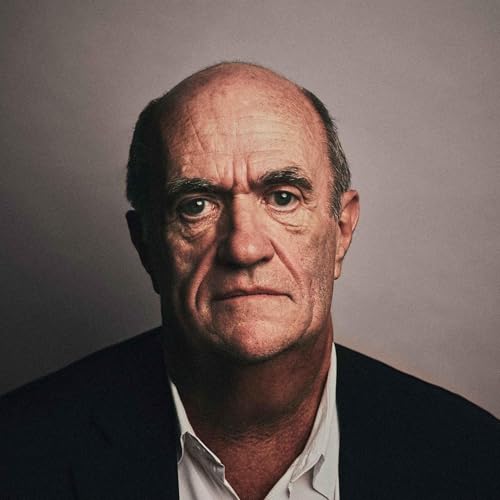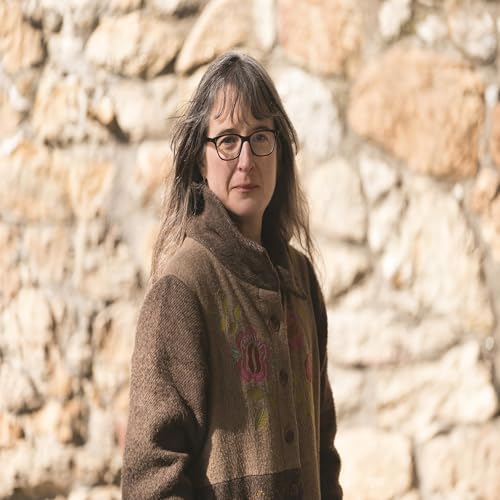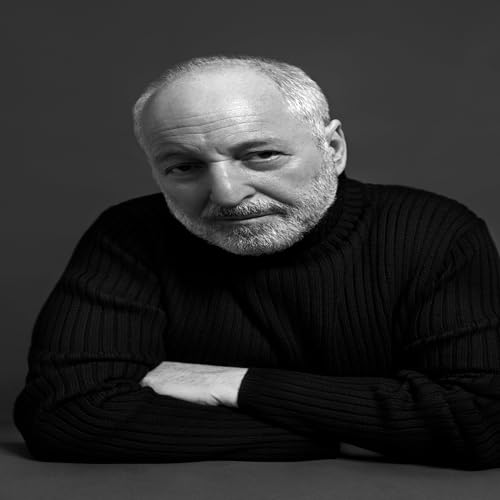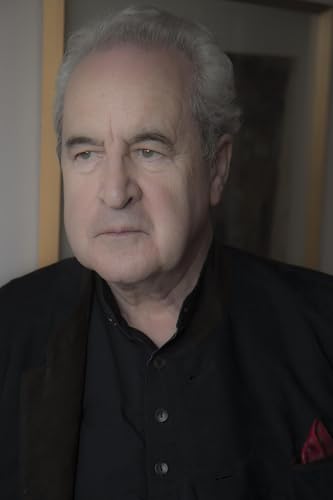Summary
In this episode of Shop Talk with Writers, bestselling German-Austrian author Daniel Kehlmann speaks to host Elena Lappin about his latest novel, The Director, which explores the life and work of Austrian director G.W. Pabst during the Nazi regime. Kehlmann delves into the complexities of being a director, the moral implications of artistic choices under totalitarianism, and the challenges of using real historical figures in fiction. He reflects on his cultural identity, the influence of iconic actresses like Louise Brooks, and the importance of the author's voice in storytelling. The conversation also touches on the tragic story of Jakob, a character in his novel, and the dark side of human nature in literature.
THE DIRECTOR is published by riverrun, an imprint of Quercus (Hachette).
Daniel Kehlmann is also the author of MEASURING THE WORLD, TYLL, and other novels.
Keywords
Daniel Kehlmann, The Director, G.W. Pabst, historical fiction, totalitarianism, artistic compromise, cultural identity, novel writing, film direction, Louise Brooks,PG Woodehouse, Nazi regime, Hollywood, Austria. Germany
Takeaways
Daniel Kehlmann explores the complexities of being a director in film.
The role of a director is to create a collaborative illusion of reality.
Kehlmann's cultural background influences his writing and themes.
Novelists often draw from real historical figures to create compelling narratives.
The moral implications of artistic choices during totalitarian regimes are profound.
Everyday life under totalitarianism can lead to complicity in small ways.
Researching historical figures requires a balance of fact and creative interpretation.
Louise Brooks serves as a significant influence in Kelman's narrative.
The challenge of using real characters in fiction raises ethical questions.
Kelman emphasizes the importance of the author's voice in storytelling.
Sound bites
"I create a version of reality that I think is probable."
"I hope I would have done the right thing."
"I'm everywhere in my novel. I'm in the atmosphere."
Chapters
00:00 Introduction to Daniel Kelman and His Work
01:15 The Role of a Director in Film
03:52 Personal Geography and Cultural Identity
07:29 The Novelist's Approach to Themes
10:14 Resurrecting Historical Figures in Fiction
12:06 Exploring G.W. Pabst's Life and Choices
15:05 The Complicity of Everyday Life Under Totalitarianism
18:58 The Impact of Totalitarian Regimes on Artists
21:57 Researching Historical Characters
24:59 The Influence of Louise Brooks
29:01 The Dilemma of Using Real Characters
30:06 The Challenge of Fictionalizing History
32:02 Imagining Lost Films and Artistic Freedom
35:00 The Moral Complexity of Compromise
38:42 The Nature of Compromise in Art
41:59 The Role of Minor Characters
43:43 Finding the Author's Voice in Fiction
45:37 The Tragic Story of Jakob
50:21 The Artistic Process of a Director
54:47 The Author's Presence in the Narrative
59:37 Inserting Humor and Wit into Serious Themes
01:03:49 The Dark Side of Human Nature
01:07:19 The Author's Writing Process and Future Projects
Hosted on Acast. See acast.com/privacy for more information.
 Sep 7 20251 h et 10 min
Sep 7 20251 h et 10 min Aug 24 202548 min
Aug 24 202548 min Aug 12 202547 min
Aug 12 202547 min Jul 29 202537 min
Jul 29 202537 min Jun 30 202552 min
Jun 30 202552 min May 28 20251 h et 1 min
May 28 20251 h et 1 min Apr 29 202548 min
Apr 29 202548 min Mar 30 202557 min
Mar 30 202557 min
